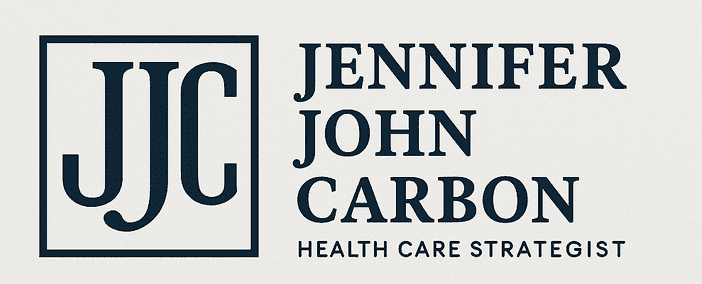In today’s competitive healthcare market, the ability to boost employee retention in healthcare staffing is not just a goal—it’s a necessity. High turnover rates among nurses and allied health professionals can cause disruptions in patient care, reduce team morale, and drive up recruitment costs. In this blog, we’ll explore five proven strategies to help you retain your top healthcare talent while creating a workplace they’re proud to be part of.
1. Foster a Culture of Recognition and Appreciation
Healthcare workers often operate in high-stress environments. Feeling undervalued only intensifies burnout. Leaders should implement regular recognition programs—both formal and informal. Whether it’s through employee-of-the-month awards or simple thank-you notes, showing appreciation goes a long way in encouraging loyalty.
Internal Link: Read more on The Secret to Hiring Great Nurses and Healthcare Talent
2. Offer Competitive Compensation and Benefits
Salary is still a top factor in employee retention. Healthcare professionals often have many job opportunities, so offering competitive wages, health benefits, and bonuses can be a game-changer. Don’t forget additional incentives like childcare assistance, transportation stipends, and tuition reimbursement.
Keyphrase use: Competitive compensation plays a critical role in any plan to boost employee retention in healthcare staffing.
3. Invest in Training and Career Growth
Healthcare workers value ongoing education. Provide opportunities for certifications, training, or even leadership development. Employers who invest in their team’s long-term growth are seen as more desirable—and employees are more likely to stay loyal.
Outbound Link: Harvard Business Review – Why Employees Stay
4. Improve Communication and Leadership Transparency
Open communication creates trust. Make it easy for employees to share feedback and receive timely responses. When staff feel heard and see their input leads to changes, retention improves significantly.
Include regular check-ins, anonymous surveys, and “town hall” meetings with leadership.
5. Promote Work-Life Balance
Fatigue is real in healthcare. Scheduling flexibility, paid time off, and mental health days are now expected—especially post-pandemic. Leaders who respect personal time retain more employees and see higher performance overall.
Final Thoughts
To truly boost employee retention in healthcare staffing, leaders must go beyond compensation. It’s about creating a culture that cares—where nurses and healthcare professionals feel seen, supported, and set up for success. A well-retained team is a stronger team—and it starts with leadership commitment.


